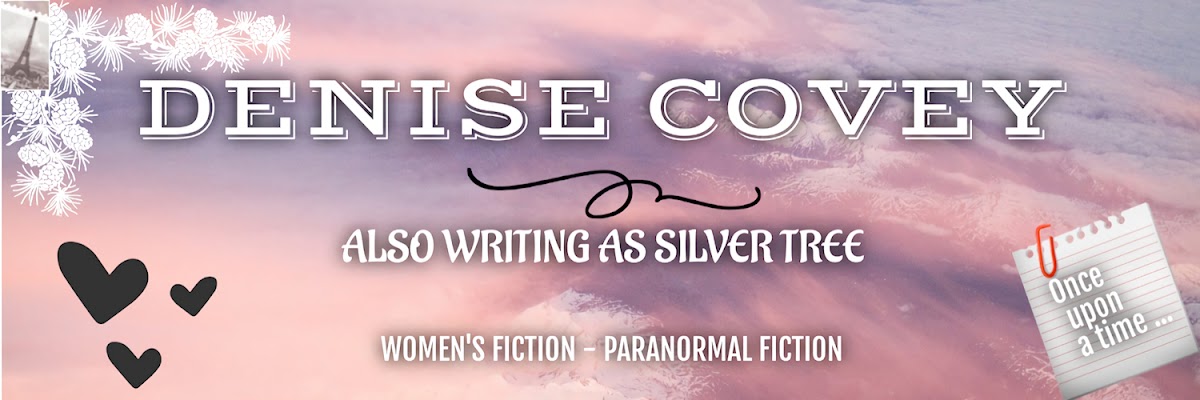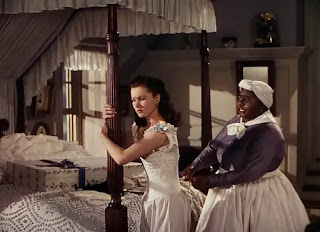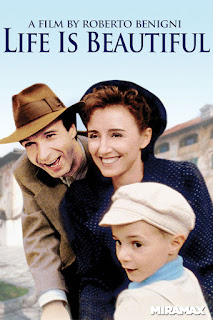Hello all!
WEP is back! After some kerfuffle, Team WEP has come together again. We temporarily lost a team member, Laura, but gained one in Sonia Dogra. This year is going to be Bigger, Bolder, Better! We thank Alex J Cavanaugh, IWSG Ninja, for promoting our first challenge for the year and will continue to do so, and C Lee McKenzie from the IWSG for her Facebook promo posts.
Olga Godim, badge maker extraordinaire, has been busy since December, dreaming up badges and creating a new header for our new-look website.
All team members have been involved in many creative discussions regarding how WEP will look going forward. Read all about our changes and new structure HERE.
This enduring supportive online writing community contest is here to help writers hone their writing muscles by regularly writing to prompts. Bring us your WIP, your non-fiction, your poetry, your flash fiction! Get instant feedback on your writing or if you're the outright winner for a challenge, you receive a critique from an editor or published author. February's prize is a first chapter critique from IWSG's L Diane Wolf. Also, bonus - all three winners each prompt will be invited to submit to a WEP Anthology of the Best of WEP, 2023.
So, today we get this year-long party started. This is the Year of Movies at WEP.
As it's Valentine's month, our first prompt is based on the movie, the controversial Gone With the Wind. If you'd like to submit to the challenge, go HERE for ideas. You've got until February 17 to post an entry.
So, here is my entry, an op-ed, something different to my usual flash fiction.
From deepest darkness comes enduring light.
Gone
With the Wind - Love
and loss, a nation mortally divided, a people forever changed.
A sign in my local
library says – “A truly great library has something in it to offend everyone”.
That is true of the novel, Gone With the Wind (GWTW). Some find it offensive, some find
it wonderful. At its core, it is a turbulent love
affair between a manipulative, brave, woman, (Scarlett O’Hara) and a rogue,
(Rhett Butler) against the fiery backdrop of the American Civil War.
The author Margaret
Mitchell lived in Atlanta where at one time, 1 in 5 residents were slaves. A
journalist passionate about American history, over ten years she gathered war
stories from the Civil War. The result? GWTW. In its first year, it went
through 31 printings and sold over a million copies – that was 60 years ago. For
decades it has trailed only the Bible on best-seller lists, so it endures
like Scarlett O’Hara.
For this WEP prompt,
we’re using the film version, the biggest grossing movie of all time (adjusted for inflation), and Academy Award winner for 1940. Producer, David O Selznick, faithfully followed the book's premise
- not to yield, suffer
or be beaten down.
GWTW is one of my favorite films. There. I. Said. It. A blogger once attacked me for my view, citing its glorification of slavery. I thought, hang on, it doesn’t glorify slavery, rather it has shaped popular understanding of the American Civil War and Reconstruction. It is never okay to buy and sell human beings, but the book and movie reflect a time when not everyone shared this view.
That blogger wasn’t alone in her view. 80 years after its release, the “Woke Ness Monster” arose from the deep to announce GWTW, the movie, had given slavery a cinematic gloss-over and should be "canceled". No. We learn from the past; we can’t just erase it. GWTW opens a window to how things were in America at the time of writing. The North against slavery; the South passionately for it. Generally.
Slavery. What word describes
such a blight on humanity?
Evil is one word that
comes to mind. Impossible not to make comparisons with the Holocaust which saw
over 6 million slain, yet today we have a movement denying it ever happened. Cancel
culture at work. It is believed that 12 million Africans were abducted as part
of the slave trade and few deny how hapless human beings, if they survived the trip, were used by white
settlers themselves enslaved … by greed.
But from deepest darkness comes enduring light.
We’ve seen in movies how
the plantation slaves sang Negro spirituals, songs like He's Got the Whole
World in His Hand, to
motivate them. Life on earth sucked, but they believed in redemption.
As did one white British slave
trader.
Did you know that John
Newton, who penned most everybody’s favorite hymn, Amazing Grace, was part
of this vicious trade in the 1700s? Thankfully, his carefree acceptance of
slave trading waned; his guilt led to good and his journey to redemption. He
studied for the priesthood, and in 1773, gave the first rendition of the
world’s most readily identified hymn. “Amazing grace, how sweet the sound that
saved a wretch like me…” he intoned in his ordination sermon. The song stemmed
from his third and final voyage servicing the Triangle Trade where he decided
without doubt that slavery was evil.
We know slaves were used as free labor on cotton plantations, sold and put to work across long days with avoiding brutal punishment and starvation their only motivation. Slaves on the Tara plantation were generally happy and loved their masters. This was not altogether uncommon, with many slaves reluctant to accept emancipation at the end of the Civil War.
Understandably, many African Americans took offense at the image of happy slaves and brought their protests onto the streets in front of theaters where GWTW was playing.
Back to Newton. On his redemptive journey, he worked tirelessly to have the slave trade abolished in Britain. In the words of Prime Minister William Pitt, “The greatest stigma on our national character which ever yet existed, is about to be removed!” Newton achieved this, along with peers like Wilberforce and Pitt, in 1792.
Newton died months after
Britain abolished slavery, but his redemptive song endures.
Meanwhile, in America, abolition
was not so easy. The issue of slavery drove four bloody years of Civil War. The
last Confederate slave was not freed until 1865. The Civil Rights bill was not enacted
until a century after the war, but equality still eludes many black Americans to
this day.
A dozen years after the
Civil War, Edison invented the phonograph, and Amazing Grace was
recorded. A thousand versions followed, unifying the music and the words, twice
reaching million-seller status.
But perhaps the most famous rendition was begun by Barack Obama in 2015 as he gave the eulogy for South Carolina senator Clementa Pinckney, the youngest black man to be elected in that state – some believed he might one day be president – who was shot after he pleaded for police to be fitted with body cameras after the brutal shooting of black man Walter Scott. Overwhelmed by the sadness and waste, Obama twice spoke the words “Amazing Grace”. His mellow baritone then intoned the five notes that make up those words and the audience rose as one to complete Newton’s 1773 sermon. I saw it on live television and will never forget it. So recently we had the eulogy for Tyre Nichols, who, despite police body cameras, was brutally slain, this time mainly by black police. Is equality gone with the wind? Or can we believe and hope that somehow out of darkness can come a thing of beauty.
FURTHER READING:
The Long Battle over Gone With the Wind – New York Times
Gone With the Wind: Is it really Nostalgic? – The Saturday Evening Post
Song of Redemption - the Weekend Australian, January 7 - 8, 2023
I hope you weren't offended by my article. I'd love to have your opinion.
If you're enjoying the February WEP, consider joining us in April. Get ideas HERE. If you do the A - Z, you can merge it with the day's letter. Plenty have done this.



%20(1).jpg)












